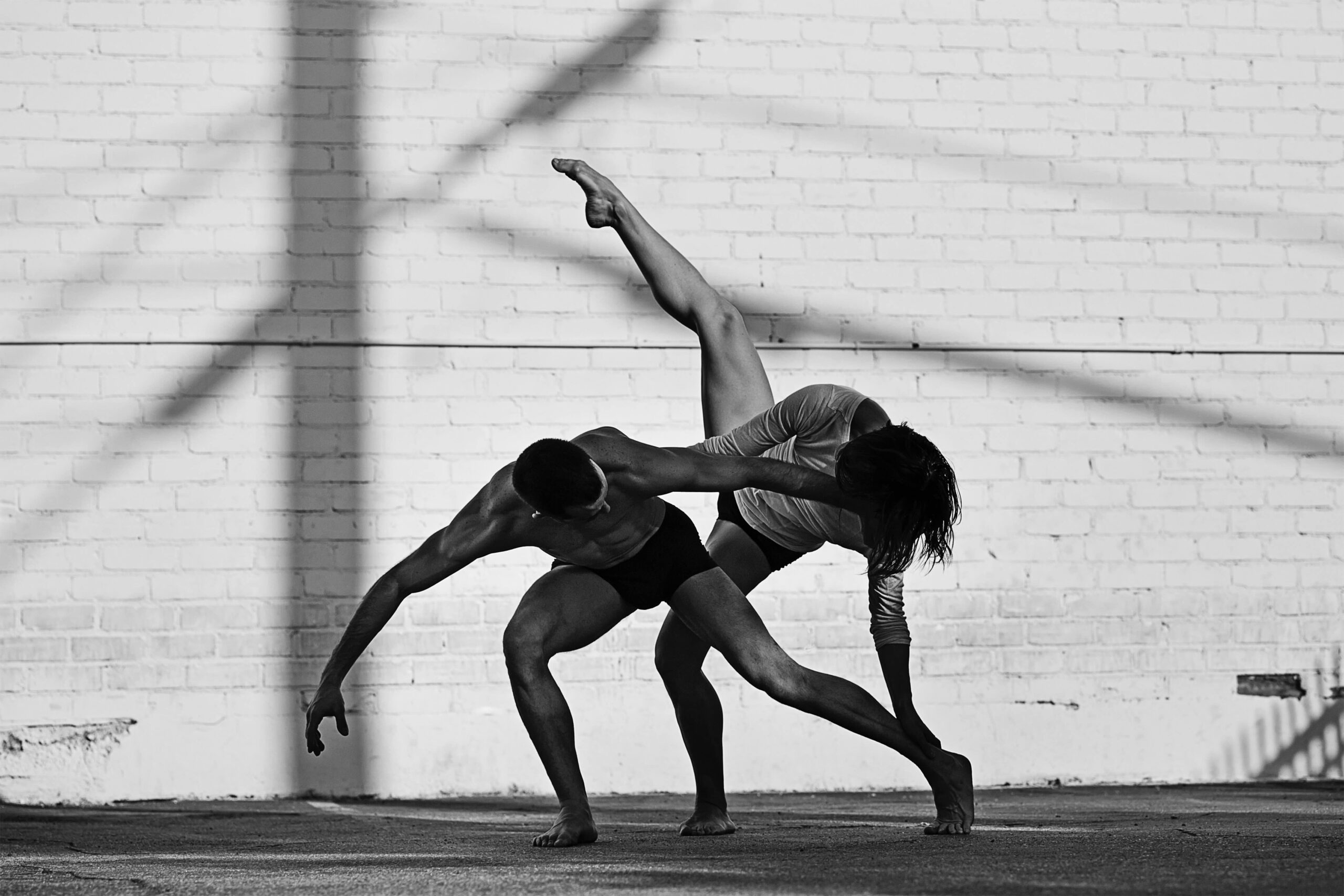WASHINGTON, D.C.— About 50 local residents and advocates marched from the Martin Luther King Jr. Memorial near the National Mall to D.C.’s city hall on September 25 to urge Mayor Muriel Bowser to sign a national pledge in support of the rapidly popular universal basic income (UBI).
The march came as cities across the country are experimenting with new programs that distribute cash to low-income families as a way to fight poverty (hence the promise of a basic income for everyone). Supporters of UBI say it is a more effective means of helping people overcome financial hardship as wages remain low and costs of living continue to rise.
“In D.C., where the minimum wage is fairly generous compared to the federal minimum wage at $15.20 an hour, it’s still not enough to make ends meet,” Melody Webb, the director and founder of the social services non-profit Mother’s Outreach, and head of the D.C. UBI Coalition that organized the march, told The Click during the event.
Providing cash directly to financially strapped families can be a more effective way to help them, Webb said, adding that the disbursements wouldn’t be tied to the same rules governing entitlement programs such as food stamps and Medicaid.
“When the moms we work with lose custody of their children to the state, when they’re separated from their children, those moms often lose all of their safety-net benefits because they’re tied to having children,” Webb said.
Hope Fultz, a research assistant for Thrive East of the River, a nonprofit partnership that piloted its own UBI program in D.C. over the summer, said during an interview at the march that she’d seen first-hand the positive impact of such programs.
Fultz said she remembered meeting a woman at her nonprofit who lost her job and her car due to the pandemic.
“We were able to give her and her family $5,500,” Fultz said. “She was able to pay the bills, and get back on her rent, get a car, and provide for her kids. And it’s funny because a lot of families had similar situations.”
Over the summer, the nonprofit partnership distributed $1,100 in cash every month for five months to 500 families, according to a press release.
While the D.C. mayor has yet to sign on to become a member of the National Coalition of Mayors for Guaranteed Income, the city council has already allocated $1.5 million to start a new guaranteed-income pilot program.
“We have billionaires who are going to space, and their employees can’t even make ends meet,” Fultz said. “Something like this is important; we need a guaranteed income.”

